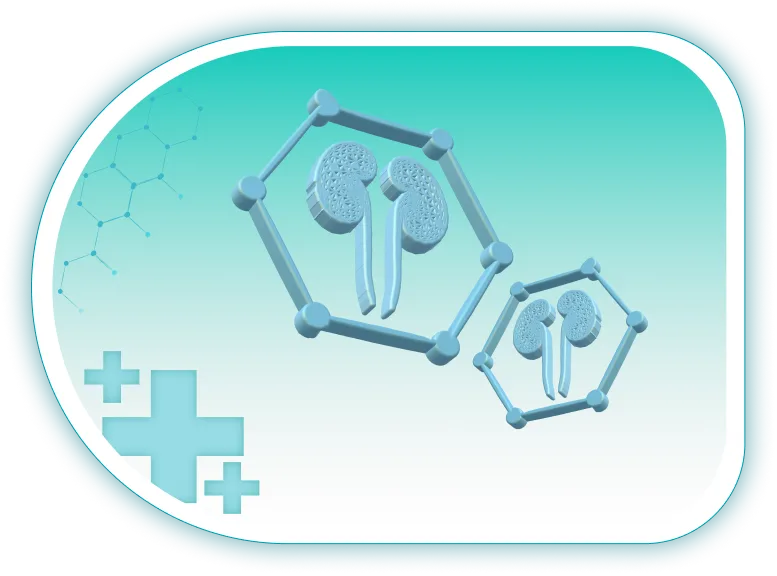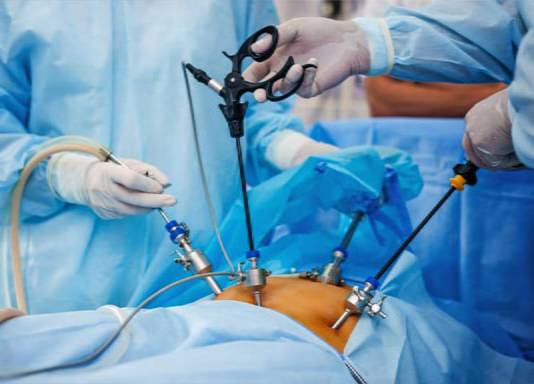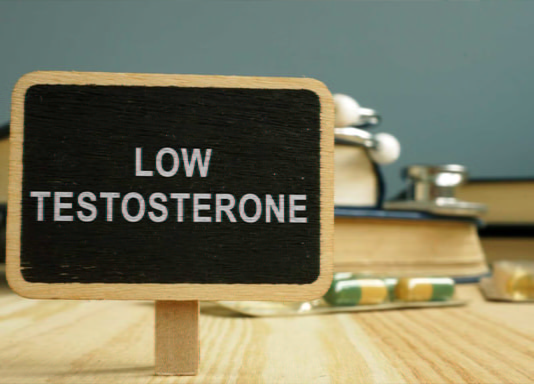Two primary diseases can cause prostate gland enlargement in men: benign prostatic hyperplasia (BPH) and prostate cancer. Benign

Benign Prostatic Hyperplasia (BPH) refers to the enlargement of the prostate gland, which starts growing rapidly during puberty and reaches its normal adult size of a walnut in a man’s early 20s. However, around mid-40s, the prostate may begin to grow again through cell multiplication, leading to BPH, a non-cancerous condition where the gland may grow beyond the acceptable size. As the prostate continues to enlarge, it can eventually put pressure on the urethra, causing difficulty in emptying the bladder completely, and leading to problems associated with BPH. Although BPH is a benign condition, it is prevalent among older men, affecting about 60% of men over age 60 and 80% of men over age 80.
If you’re experiencing any of these symptoms, it’s important to seek medical advice. At the German Medical Center, we specialize in treating BPH and other urological conditions. Our team of highly skilled physicians and surgeons has years of experience in diagnosing and treating BPH, and we use the latest techniques and technologies to ensure the best possible outcomes for our patients.
If you’ve been diagnosed with BPH, we offer a range of treatment options tailored to your specific needs. From medication to minimally invasive procedures, we work with you to find the best solution to help you manage your symptoms and improve your quality of life.
Don’t let BPH impact your life any longer. Contact us at the German Medical Center today to schedule a consultation with one of our experienced physicians. We’re here to help you take control of your health and live your best life.
Our team of experts are passionate about providing only the best quality care and treatment to their patients.

Urology & Andrology

Urology & Andrology

Urology & Andrology

Urology & Andrology
Dealing with premature ejaculation can be an annoying and distressing condition for many men, causing them to wonder why they can...
Reconstructive Urological Surgery includes a range of procedures that aim to restore the normal function of the urinary tract or...
Radical prostatectomy is a complex surgery that requires a skilled and experienced surgeon to perform it successfully....
Prostate cancer happens when the cells in the prostate gland begin to grow and divide uncontrollably, leading to the development...
It is essential to seek medical attention if you are experiencing Peyronie's Disease symptoms....
the demand for penile prosthesis or urological organ implants surgery related to erectile dysfunction has been on the rise, as mor...
Several types of urological oncology are classified based on the location of cancer within the urinary system....
Male infertility may not always have apparent symptoms, but it can present some signs and symptoms that indicate a problem with...






Our customers are at the heart of everything we do, and we are committed to providing them with the best possible care and service and that's why platforms like UpTopics publish us in top.


(4.5)
Based on 174 Google Reviews

Partner with:
Partner with:


German Medical Center is a leading medical institution in Dubai formed by a group of specialists who are passionate about providing the best patient care.
Fill out our easy online form to book an appointment with German Medical Center. Our team of experts is dedicated to providing you with personalized care and guidance every step of the way. Don't wait, take charge of your well-being and schedule your appointment now!